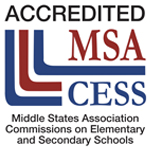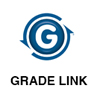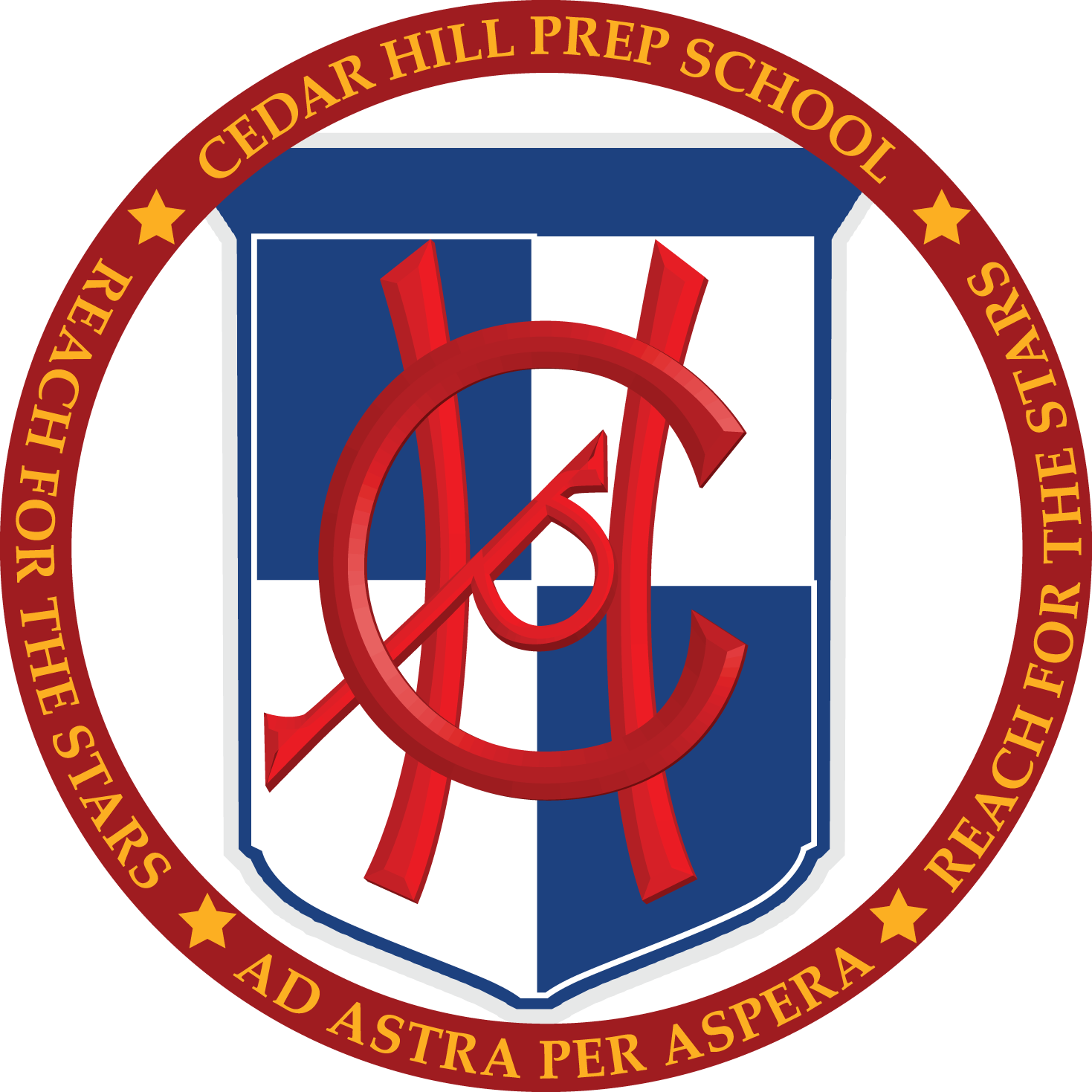As a parent, it is sometimes hard to face the reality that your child has a learning disability. Maybe you have seen early signs (e.g., having a hard time recalling the names of shapes and colors), but simply chalked them up as the quirks of a developing pre-kindergartner.
However, once the child lags behind any of his kindergarten peers in learning his ABC’s, and when first and second grades become a struggle, you wonder if your child has learning differences. You or other family members might recognize the signs because learning disabilities are hereditary, and often a relative has experienced the same or similar struggles when he or she was in first grade. However, what is a parent to do in this situation?

Thanks to the New Jersey Administrative Code for special education (N.J.A.C. 6A:14) and the federal Individuals with Disabilities Education Act of 2004 (IDEA 2004), as well as Decoding Dyslexia NJ, who helped formulate a lot of the guidelines and laws, parents of children with a learning disability have extensive rights.
Unfortunately, many parents are not aware of them until it is too late. Therefore, we’ve compiled four important facts you should know:
1) Enabling Students To Learn In The Least Restrictive Environment
The first point that you should be aware of as a parent with a child who struggles with learning disabilities is that, according to New Jersey law, your child has the right to a “free, appropriate public education in the least restrictive environment.”
If you see your child struggling in school, ask yourself:
- Are the curriculum, the homework requirements, and the academic challenges adequate and age-appropriate?
- Do you see a gaping discrepancy between your child’s report card and the quality of work that he brings home during the week?
- Do you get the feeling that there is little-to-no oversight from classroom teachers?
- Do you feel your child falls behind her peers?
- Are there social issues, such as bullying or aggression, affecting your little one?
If you see any of those or other red flags, you should talk with your child’s teachers about an evaluation or request one yourself.
2) You Have The Right To Request An Evaluation
Once you or your child’s teachers suspect that your child might have a disability, you may request an evaluation.
According to the Parental Rights in Special Education booklet, an “evaluation is the process used to determine whether your child has a disability. This process includes a review of any relevant data, and the individual administration of any tests, assessments, and observations of your child. For an initial evaluation, at least two child study team members and other specialists, as required or as determined necessary, must participate. A minimum of two assessments of your child is needed to determine eligibility for special education and related services. Each assessment must be conducted by a person who has appropriate training, or who is qualified to conduct the assessment through his or her professional license or certification.”
3) What If My Dyslexic Child Does Not Get An Adequate Public School Education?
As if going through this process was not hard enough, it does not help that public schools — and many private schools for that matter — are overwhelmed, don’t care enough, or just don’t have the capacity to cater to each child’s social, emotional, and educational needs.
Parents of children with learning differences are often confronted by frustrated teachers who throw their hands up and say, “We have tried everything. He just needs to study more!” or “She is just lazy!” If you see those red flags, trust your intuition — your child’s needs might not be met.
If your child is currently enrolled in a local public school and you feel they are educationally and emotionally left behind, or you disagree with your school district’s program, you have the option to place them in a nonpublic (private) school. However, for most parents, this seems out-of-reach, as dyslexia-specialized schools ask for a yearly tuition of $30,000 – $46,000 a year. In most cases, you will be responsible for the costs.
As mentioned above, your child has the right to a free, appropriate public education. If you can prove at a due process hearing that the district failed to provide your child with a free, appropriate public education and the school you chose does not meet your child’s educational needs, then you might be able to receive a settlement for some of the tuition costs.
4) How Can I Ask The School District To Reimburse Me For The Cost Of Non-Public Education?
If you feel you have a case against your school district, it is best to seek the advice of a reputable, local attorney who specializes in special education law. One of our parents has had an amazing experience with Staci Greenwald from Sussan, Greenwald & Wesler. Most likely, you will discuss if you have a case, and the lawyer will outline what to expect, how long the process takes, and so on.
According to PRISE, the law allows this under exceptional circumstances: “If your child has an IEP developed by the school district, you may place your child in a nonpublic (private) school and seek reimbursement from the district. You must inform the school district at an IEP meeting and provide the school district with written notice at least ten days (excluding weekends only) before the enrollment of your child in the nonpublic (private) school. You must state your disagreement with the school district’s IEP, the placement proposed by the school district and your intention to enroll your child in a nonpublic (private) school.”
This process will take about six months and includes, but is not limited to, neuropsychological evaluations, maybe speech assessments, and other specialized tests. It is important to know that, if children show signs of dyslexia, they have to be screened by the end of the first semester of second grade.
We hope you find these tips helpful and that the information provided above enables you to receive an evaluation, take advantage of your rights, and find the right school for your child.






